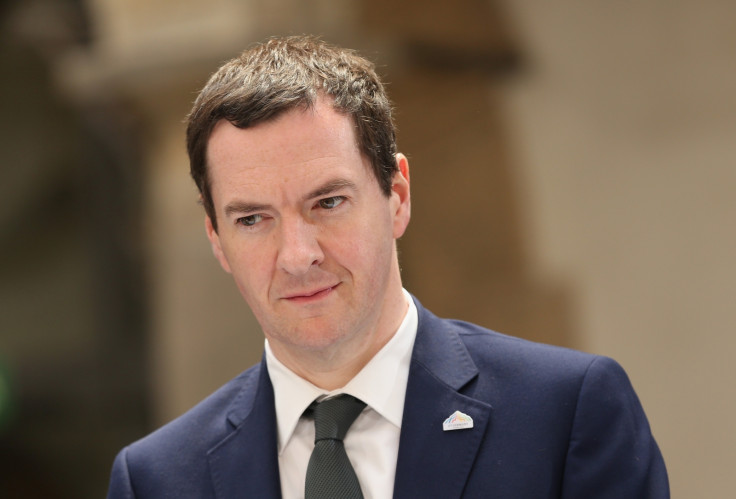George Osborne's living wage boost could cost '80,000 jobs' warns retail body

Thousands of jobs are at risk in the UK because of George Osborne's decision to boost the statutory minimum wage, according to the Association of Convenience Stores (ACS).
The retail trade body warned that the chancellor's introduction of a "national living wage" of £7.20 ($11.21) per hour from April next year for workers age 25 and over could cost the convenience sector a staggering £166m.
The ACS said that the additional wage bill could lead to more than 24,000 stores and 80,000 jobs being scrapped in the wake of Osborne's post-election budget.
"We have always supported a national minimum wage, but the move to a higher compulsory national living wage will have a devastating impact on our sector," said James Lowman, the chief executive of the ACS.
We have always supported a national minimum wage, but the move to a higher compulsory national living wage will have a devastating impact on our sector.
"The chancellor must face up to the impact of the national living wage on businesses, and continue to let the independent Low Pay Commission set rates through to 2020. The government also needs to look at other ways of supporting retailers hit by this new burden."
The Office for Budget Responsibility (OBR) has estimated that the "National Living Wage" rate, which will climb to £9 by 2020, will cost 60,000 jobs by the end of the parliament. The independent body also said the move will cost businesses 1% of profits.
But the chancellor claimed that he would "offset" the negative economic effect by cutting corporation tax to 18% and hiking the Employment Allowance to £3,000 for small firms.
However, the ACS said the rise in the National Insurance Contribution (NIC) relief would provide "comparatively small compensation" for convenience stores.
Meanwhile, retail giant Ikea plans to pay 9,000 of its UK workers more than the new living wage next year.
The Swedish chain of furniture stores promised to give London employees £9.15 an hour and workers outside the capital £7.85 per hour.
© Copyright IBTimes 2025. All rights reserved.





















